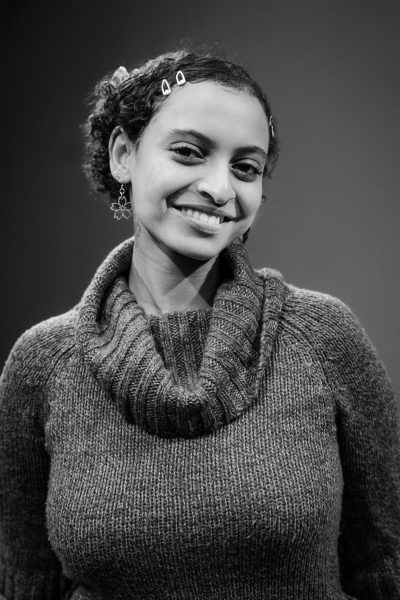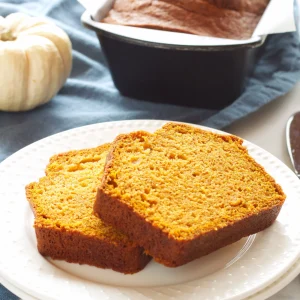The Legacy of Thanksgiving Persists
February 12, 2023
Thanksgiving is a holiday where we resonate with our good fortune and reflect on simple joys and laughter. The tale of Thanksgiving Day is often misrepresented as a series of kind acts that we are better for. However, these misconceptions overshadow the reality of colonial-Indigenous relations. The myths surrounding Thanksgiving Day reverberate as we examine the systematic destruction of Native people.
In 1620, the Pilgrims, an English sect of the Protestant congregation, arrived in America. By their arrival, two thirds of Massachusetts Indigenous tribes had already died of diseases brought by British settlers. One of the first crimes the Pilgrims committed was to rob the sacred burial grounds of the Patuxet tribe, stealing as much of their winter provisions as they could get their hands on. The ransacking of Native graves heightened tensions between the Pilgrims and the Wampanoag tribe. The Feast of 1621, regarded as the first Thanksgiving, was not intended to be an annual dinner, but a celebratory harvest following harsh winters. While there remains historical proof the feast occurred, the Wampanoag people were not invited, according to their oral accounts.
Their first successful harvest was celebrated by preparing crops and firing guns. When Native people heard the gunshots, they approached the Plymouth colonists bracing for potential battle. When they discovered the party, they returned with deer and possibly wild turkey. While this 3-day-harvest celebration cemented a political alliance between the Pilgrims and Natives, the Pilgrims ultimately viewed them as lesser people, barbaric pagans who held a perverted sense of morality. Despite its historical and pictorial depiction, Native and Pilgrim interrelations throughout the colonial period was marked by a lack of trust. A generation later, the Pilgrims and Wampanoags would engage in fierce battle. By the end of the conflict, the Natives were sold into slavery or fled to various regions in Canada, if not brutally massacred. Indigenous culture was fundamentally devastated.
In the earlier stages of drafting this piece I came to an entirely different conclusion than the one I hold now. I thought, “Every existing holiday and holiday tradition in the western world is tainted by capitalism and oriented by gift giving. If Thanksgiving has been absorbed by materialistic philosophies, if the consumerism it enables overshadows its socio-historical truth, why does it matter if people funnel money into the pockets of polluting industries to uphold stupid holiday tradions. Let people gather, allow communities to host festivities and drunk uncles to initiate brawls.” This is reductive and selfish, and perpetuates the political framework that further marginalizes Native people and neglects Native history. The inaccurate portrayal of Thanksgiving outlined in academic and historical settings, illustrated in mass media, and cemented in collective and cultural memory also establishes a false narrative of British colonialism and the legacy of Native American injustice. Maybe there is an honorable way to celebrate Thanksgiving, but when I observe the current social, political, and economic conditions of Native communities; when they remain exceptionally under-resourced and underfunded; when the world continues to brutalize Native culture and exploit native land;Thanksgiving begins to feel like the tantalizing mockery of Native people and a bitter reminder of betrayal. This Thanksgiving, as you join your families for decorated meals, keep your elbows off the table, sit up straight, chew with your mouth shut, make pleasant conversation, and continue to call into question the integrity of historical holidays!








